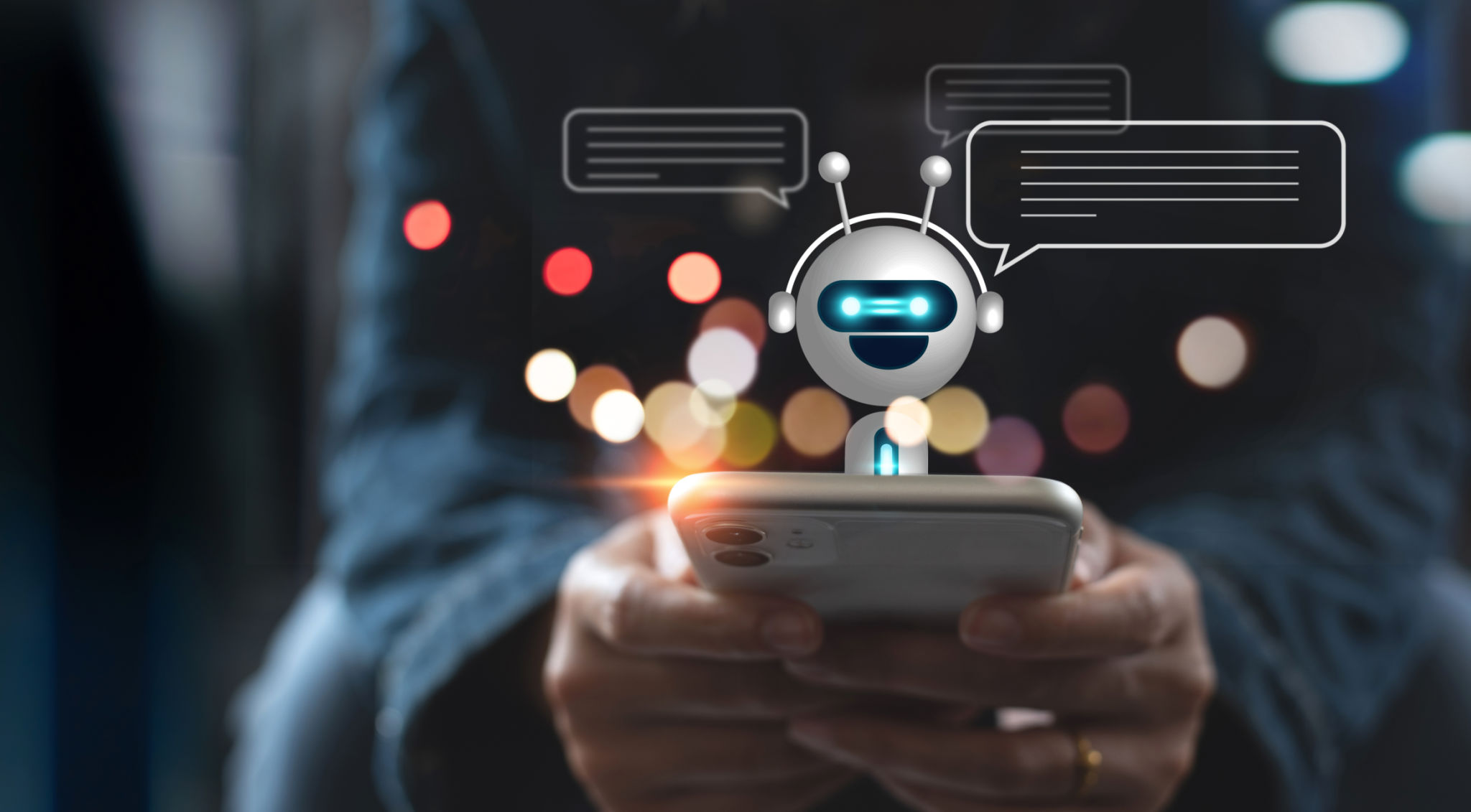Unlocking the Future: How AI is Revolutionizing Telehealth Services
The Rise of AI in Healthcare
The healthcare industry is witnessing a groundbreaking transformation with the integration of artificial intelligence (AI) into telehealth services. This revolution is not just about convenience; it's about delivering better healthcare outcomes. AI's ability to analyze vast amounts of data quickly and accurately is changing how patients and doctors interact, making healthcare more accessible and efficient than ever before.
Telehealth, once a niche service, has skyrocketed in popularity, especially in the wake of the global pandemic. With AI's capabilities, telehealth is evolving to provide more personalized and precise medical care. This evolution is crucial as the demand for virtual healthcare services continues to grow.

Enhancing Patient Diagnosis and Treatment
AI-powered tools are enhancing the diagnostic process by identifying patterns that may be missed by human eyes. Machine learning algorithms can analyze medical images, like X-rays and MRIs, with a high degree of accuracy, aiding doctors in making quicker and more accurate diagnoses. This technology is not only improving the quality of healthcare but also reducing the workload on medical professionals.
Moreover, AI is playing a pivotal role in developing personalized treatment plans. By analyzing patient data, AI systems can recommend treatments that are tailored to individual needs, improving patient outcomes and reducing the risk of adverse reactions. This level of personalization was unimaginable a few years ago, but it is now becoming a standard in telehealth services.

Streamlining Administrative Tasks
A significant advantage of AI in telehealth is its ability to automate administrative tasks, which often consume valuable time and resources. With AI, scheduling appointments, managing patient records, and processing insurance claims can be done more efficiently. This automation allows healthcare providers to focus more on patient care rather than paperwork.
Furthermore, AI-driven chatbots are revolutionizing patient interaction by providing 24/7 support. These virtual assistants can answer common medical questions, provide appointment reminders, and even triage patients before a virtual consultation. This level of interaction not only improves the patient experience but also ensures that medical staff are available for more complex cases.

Overcoming Challenges with AI
Despite its numerous advantages, the integration of AI in telehealth is not without challenges. Data privacy and security remain significant concerns as sensitive patient information is processed and stored digitally. Ensuring robust cybersecurity measures is essential to protect patient data and maintain trust in these technologies.
Additionally, there is a need for continuous training and adaptation for healthcare professionals to effectively use AI tools. Bridging the gap between technology and human expertise is crucial to fully realize the benefits of AI in telehealth services.
The Future of Telehealth Services
The future of telehealth services looks promising with AI at its core. As technology continues to advance, we can expect even more sophisticated tools that will further enhance patient care. From remote monitoring devices that provide real-time health data to advanced predictive analytics that anticipate health issues before they arise, the possibilities are endless.
AI's role in telehealth is not just about improving current practices but also about unlocking new potential for how healthcare is delivered. As we continue to explore and embrace these innovations, the future of healthcare looks brighter than ever.